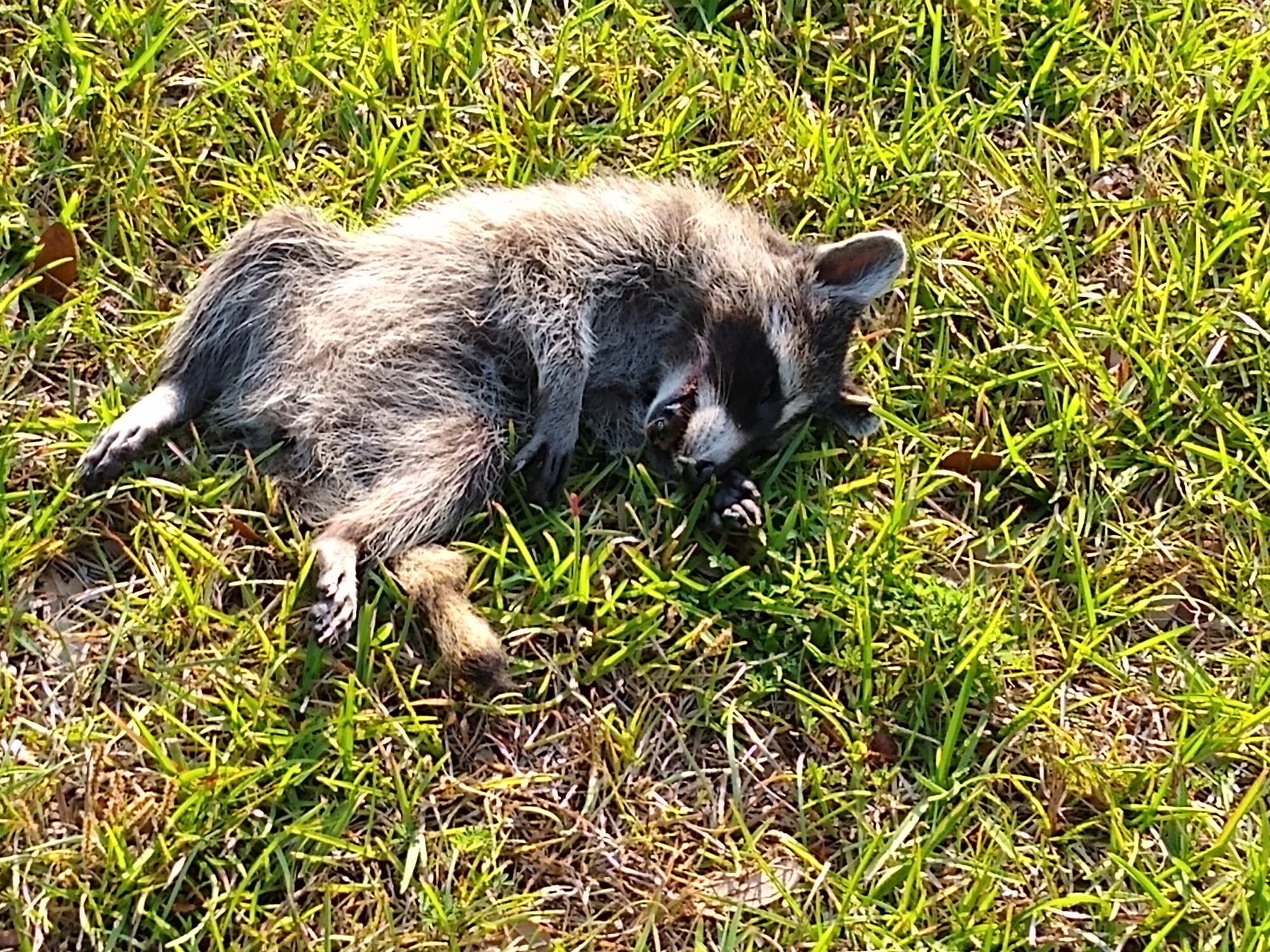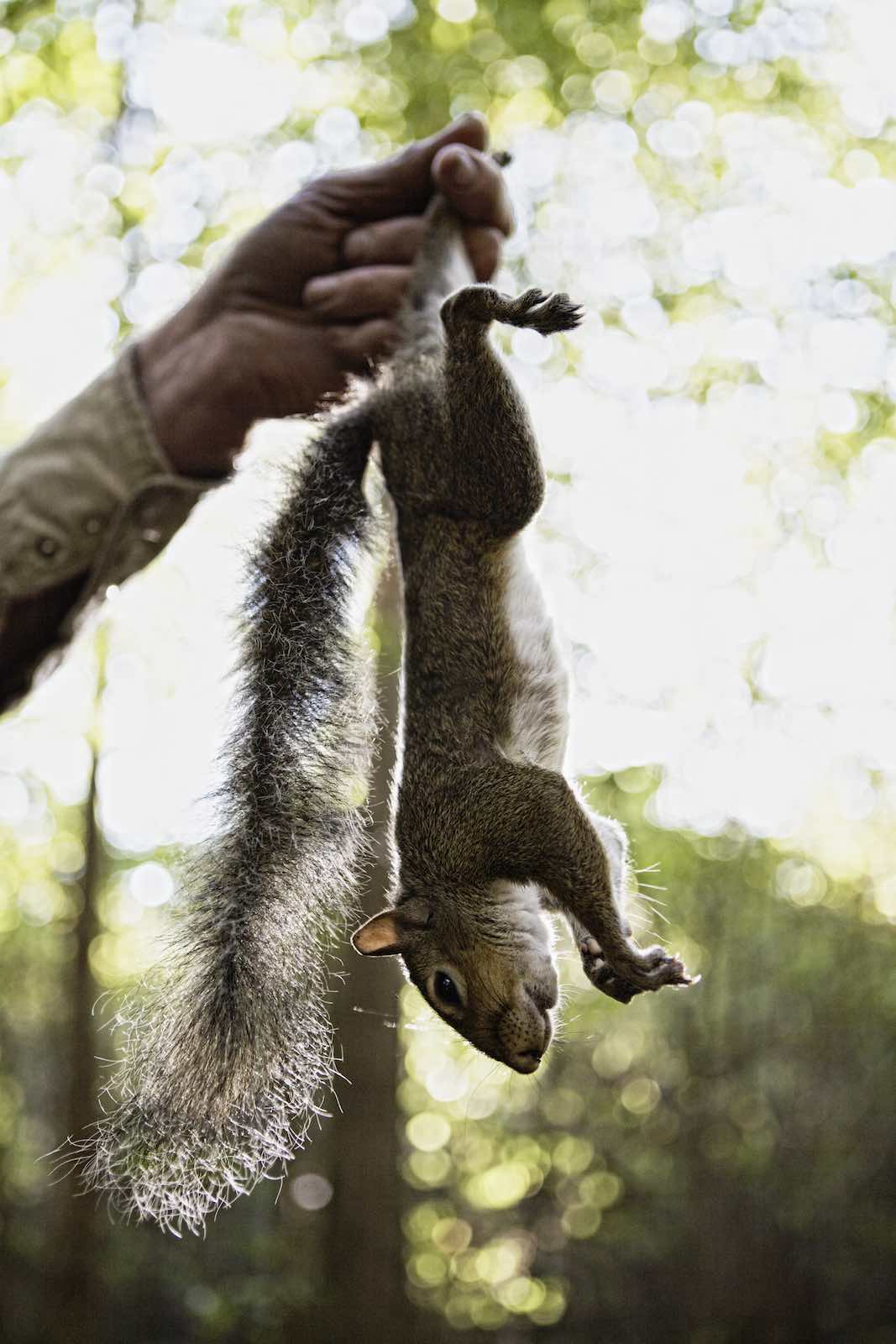Dead Animal Removal Naperville

Are you looking for dead animal removal in Naperville, you have come to the right place to remove a dead animal carcass and eliminate odor. Many of us have experienced it: an unpleasant smell wafting through your house that you can’t quite pinpoint yet you know you will ultimately have to find a dead animal. One of the common culprits behind such a stench might be a dead critter somewhere behind a wall, the ceiling, in the crawl space or in the attic.
Who To Call To Remove Dead Animals?
Many mistakenly call animal control for these issues, however they only handle domestic animals such as dogs and cats. A wildlife control company in Naperville like us here at U.S. Wildlife Removal Service can help you get rid of your issues have your home back to normal. Typically a technician can have this done is one visit, and also remove the smell in your house with a disinfectant treatment. Regardless of where the animal is located, whether behind a ceiling or wall or in your home or yard, we can help with deceased wild animals so give us a call today for an appointment or an estimate.
How To Find A Dead Animal
Locating a dead animal hidden within your home can be challenging, particularly if it’s behind walls, in the ceiling, or in a crawl space. The most common sign that may lead you to discover the carcass is the unpleasant odor that becomes increasingly pungent as the body decomposes.
Other signs might include an increase in fly activity attracted to the carcass. To locate the dead animal, follow the smell and look for any staining on the walls or ceiling – these are often indicative of decomposition fluids. It’s important to remember that wildlife often chooses secluded, hard-to-reach places to die, such as within the walls or under the insulation in an attic.
It may be necessary to carefully remove portions of drywall or insulation to access the animal. If the situation becomes too complicated or uncomfortable, consider contacting our wildlife removal service in Naperville. Our experts have years of experience and specialized tools to locate and remove the dead animal safely and promptly, reducing potential damage to your home.
Dead Squirrel Removal From The Attic or Walls
When squirrels make their homes in our attics or walls, they can cause a wide range of problems. From gnawing on wiring to smashing insulation and creating noises and odd smells, these critters can quickly become a nuisance. If a squirrel dies within your home’s attic or walls, the odor can be particularly unpleasant. The process of removing a dead squirrel is tricky and should ideally be left to wildlife control experts.
Our professionals, armed with years of experience, can locate the squirrel carcass, remove it, and handle the repair needed to your walls, ceiling and attic insulation. This process also includes disinfection, which is vital to ensuring that your living space is free from diseases associated with dead animals. If you’re in Naperville, IL, be sure to reach out to a licensed control company that offers dead animal removal services.
Dead Skunk Removal From Under Decks and Stoops

The unfortunate reality is that wild animals, including skunks, often seek refuge in spaces under our decks and stoops. Should one of these critters die under there, the removal process can be hazardous if not done correctly. Skunks are known for their strong, unpleasant smell, which can be significantly intensified after death.
Professional wildlife removal services are equipped to handle the carcass safely, efficiently removing the dead animal while eliminating the odor. Following the skunk removal, they can inspect the deck or shed for any potential entry points that future critters may exploit and suggest ways to repair these to avoid future problems.
Dead Raccoon Removal Services
Raccoons are intelligent creatures that are often drawn to residential areas by the prospect of easy food sources. If you’ve had the misfortune of finding a dead racoon in your yard or attic, it’s vital that you don’t try to remove the animal yourself. Dead raccoons can carry several diseases which can be transmitted through improper handling of the carcass.
A professional dead animal removal service in Atlanta, GA can promptly address this situation. They’re trained to find a dead raccoon and safely remove it, eliminating the risk of disease transmission.
Dead Opossum Removal From Your Yard
Opossums, while often viewed as pests, play an important role in our ecosystem by controlling the population of insects and rodents. But, like any other animal, they can occasionally end up dead in our yards or attics. A dead opossum can attract other pests and flies and is a health hazard if not promptly dealt with.
Wildlife control companies can remove dead animals, like opossums, from your property. Their wildlife removal experts can locate and remove the carcass, dispose of it according to local regulations, and sanitize the area to reduce the risk of disease and odors.
Disinfectant and Sanitizing For Dead Animals

Even after the carcass is removed, bacteria and parasites can remain in the environment. These microorganisms can pose a variety of health risks to humans and pets, including bacterial and parasitic infections. Diseases such as salmonella, leptospirosis, and Hantavirus are among the potential health risks associated with exposure to places where dead animals have been.
Professional wildlife control services use commercial-grade disinfectants that kill these disease-causing pathogens, making the area safe again. Disinfection should be performed while wearing protective gear to avoid direct contact with the potentially contaminated area.
Lingering dead animal smell can be more than just an unpleasant nuisance; it could potentially attract other wildlife to the area, leading to a recurring problem.
Our professionals utilize specialized deodorizing agents that break down and neutralize the odor-causing molecules, thereby eliminating the smell at its source. This step ensures that your living space regains its fresh, odor-free state.
Diseases Associated with Wildlife Removal
The death of wildlife on your property, such as bats, raccoons, skunks, opossums, or squirrels, is more than just an inconvenience or aesthetic concern. These animals can be carriers of various diseases which, if not addressed properly, can pose significant health risks to humans and pets alike. Let’s delve deeper into some of the diseases commonly associated with these species.
Rabies
Rabies is a virus that affects the central nervous system, often resulting in death if not treated promptly. All mammals, including bats, raccoons, skunks, opossums, and squirrels, are potential carriers of this virus. Exposure can occur through bites or scratches from an infected animal or contact with its saliva. While a dead animal cannot bite or scratch, care should still be taken when handling the carcass due to the presence of residual saliva or blood.
Leptospirosis
Leptospirosis is a bacterial disease that can be transmitted to humans through contact with the urine of infected animals, including raccoons and rodents like squirrels. The bacteria can survive in soil or water for weeks to months. If a dead animal urinated in your yard or attic before dying, there’s a risk of exposure, making proper disinfection and sanitization necessary.
Salmonellosis
Salmonellosis is a common foodborne illness caused by the Salmonella bacteria, often associated with undercooked poultry or eggs. However, it can also be carried by wildlife, including raccoons and rodents. Direct or indirect contact with feces from an infected animal can lead to transmission. Given that a carcass can be surrounded by feces, the risk persists even after the dead animal is removed.
Hantavirus
Hantavirus is primarily spread by rodents, such as mice and squirrels. Humans can contract the disease when they inhale airborne particles from rodent urine, droppings, or saliva that has been stirred into the air, a process known as aerosolization. It can also spread if people touch their face after handling contaminated materials. Dead rodents can still harbor the virus, necessitating careful removal and disinfection.
Tularemia
Tularemia is a bacterial disease that can affect both animals and humans. While it is most commonly associated with rabbits, it can also be carried by rodents and other mammals like raccoons and opossums. Humans can become infected through various routes, including handling animal carcasses infected with the bacteria, making dead animal removal a task best left to professionals.
Various diseases can be associated with dead wildlife, making their removal, and subsequent sanitization and disinfection, of paramount importance. When dealing with such a situation, it’s recommended to contact a professional wildlife control service to handle the matter safely and efficiently.
